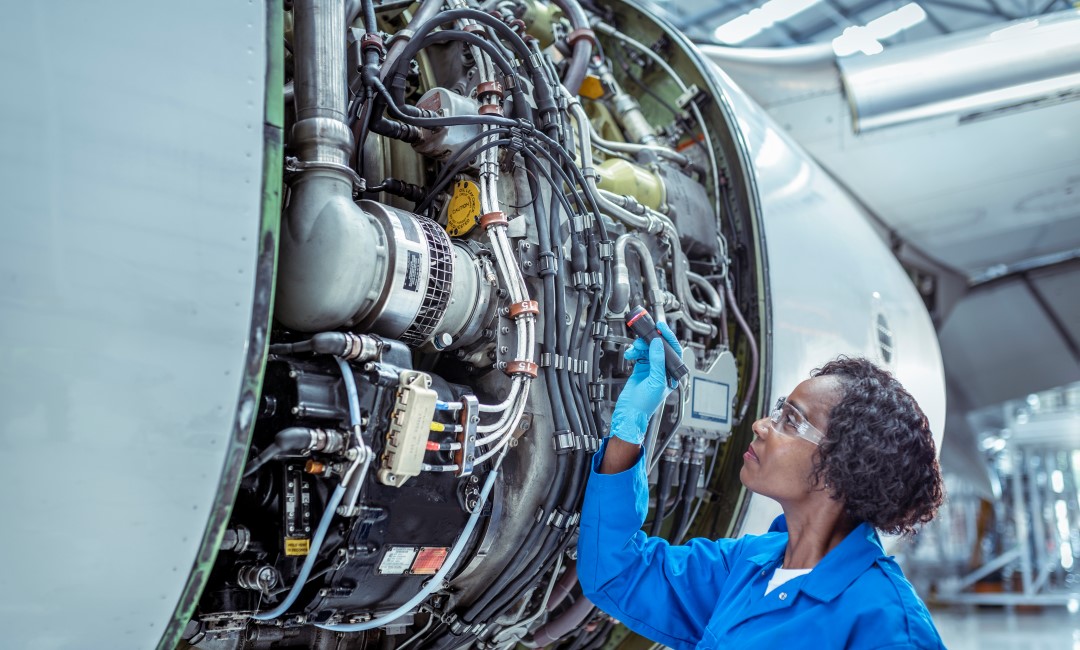How Airbus thinks about electric flying
Airbus believes hybrid-electric power can reduce aircraft CO2 emissions by up to 5%. The aircraft manufacturer believes that hybridisation is the big next step to be taken in the aerospace sector's decarbonisation journey. Airbus leads a cross-industry effort to make it happen.

In an extensive analysis, Airbus states that decarbonising flight requires a range of disruptive solutions that mix new fuel types and fledgling technologies. “One such solution, hybrid-electric propulsion can improve the energy efficiency of every aircraft class.”
To reach its 5% target requires Airbus and engine manufacturers to jointly develop a new, efficient class of gas turbine. To this end Airbus has already initiated a number of projects to demonstrate different hybrid engine concepts with different power levels. The manufacturer still has to decide what type of electric motor type will support them.
“There are several types of electric motor”, the report states, “but the main characteristics of interest for hybridisation are their power-to-weight ratio and relative efficiency. At current levels, a reasonable power-to-weight ratio is 6-8 kW/kg, but it is unsuited to weight-limited applications. Happily these figures are likely to double in the next ten years.”
The electric motor sits within a functional aircraft ‘architecture’. For hybrid-electric aircraft, the choice is between two architecture options: serial and parallel. In the analysis, Airbus discusses the pros and cons of both options.


